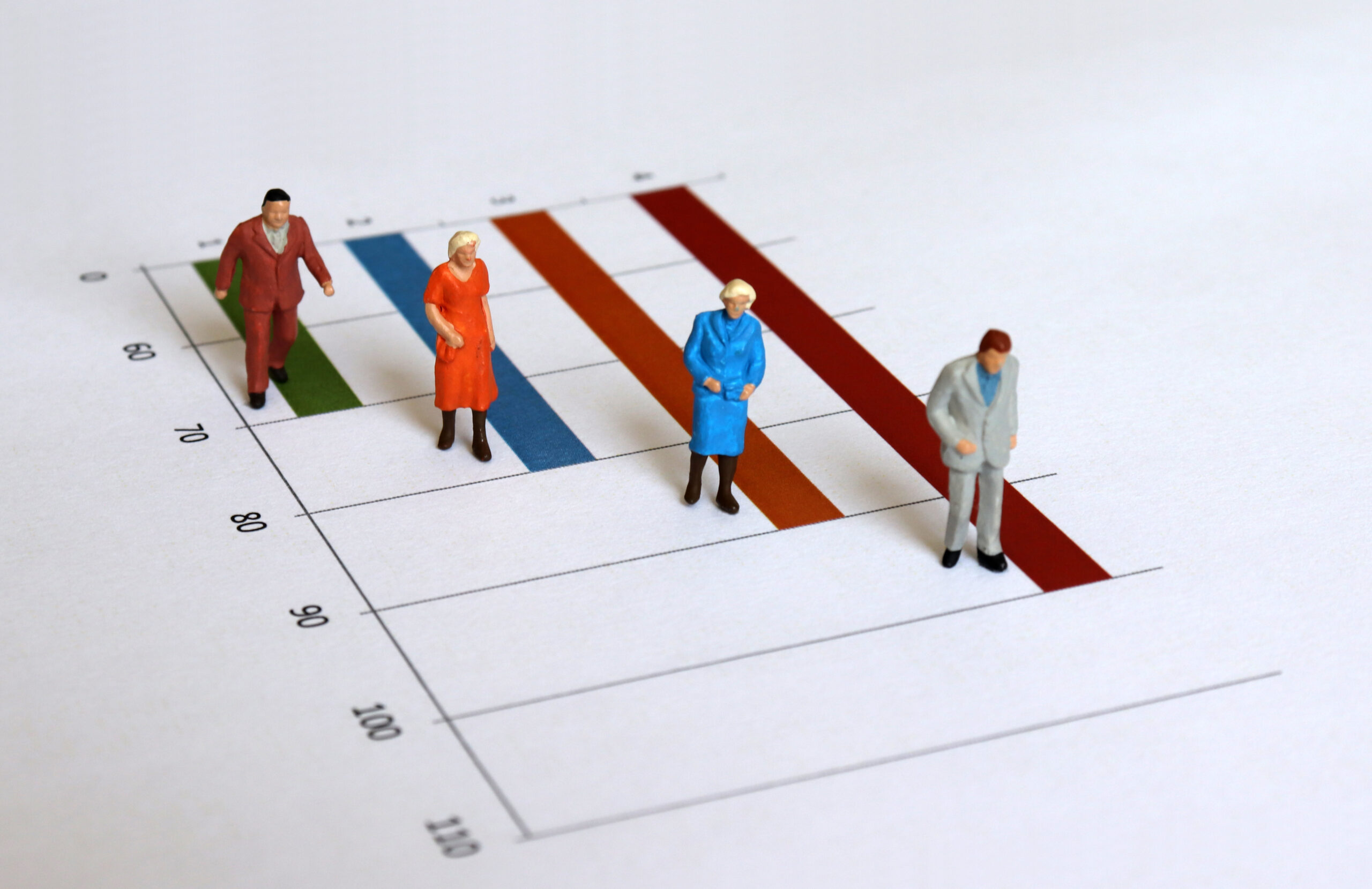What’s the real reason your metabolism slows down after 40
As we age, particularly after the age of 40, many of us notice a change in our bodies that can be quite frustrating: our metabolism seems to slow down. This can lead to weight gain, fatigue, and a general feeling of being less energetic than we used to be. But what’s really going on here? Is it just a natural part of aging, or are there other factors at play?
First, let’s talk about what metabolism is. Metabolism is essentially how your body uses energy. It’s like the engine of a car—when it’s running well, everything moves smoothly, but when it slows down, things can get sluggish. Our metabolic rate is influenced by several factors, including muscle mass, hormones, and lifestyle choices.
One of the main reasons metabolism slows down as we age is due to a decrease in muscle mass. As we get older, we naturally lose some of our muscle, which is a major contributor to our metabolic rate. Muscle burns more calories than fat, so when we have less muscle, our body doesn’t need as much energy, and our metabolism slows down. This process starts as early as our 20s, with our metabolic rate decreasing by about 1-2% each decade[3].
Hormonal changes also play a significant role. For women, menopause and perimenopause bring about significant hormonal shifts that can affect metabolism. Changes in thyroid hormones, for example, can slow down metabolism if they are not at optimal levels[5]. For both men and women, stress can increase cortisol levels, which can lead to increased fat storage and a slower metabolism[1].
Another factor is lifestyle. As we get older, our activity levels often decrease, and we might not eat as healthily as we used to. Consuming too many empty calories or not enough protein can disrupt our hormones and lead to insulin resistance, making it harder to lose weight[1]. Additionally, stress and nutrient deficiencies can catch up with us over time, further impacting our metabolism[4].
So, what can you do about it? First, focus on building and maintaining muscle mass through regular exercise, especially strength training. Eating a balanced diet rich in protein can help with this, as protein is essential for muscle health and can keep you feeling full and satisfied[5]. Also, consider incorporating foods that support your mitochondria—the energy-producing parts of your cells—such as grass-fed beef, which is rich in vitamins and minerals[5].
Lastly, managing stress and ensuring you get enough sleep can help regulate your hormones and support your metabolism. It’s not about dieting; it’s about making sustainable lifestyle changes that work for you in the long term. By understanding the reasons behind a slowing metabolism and taking proactive steps, you can boost your energy and feel more vibrant, even after 40.





